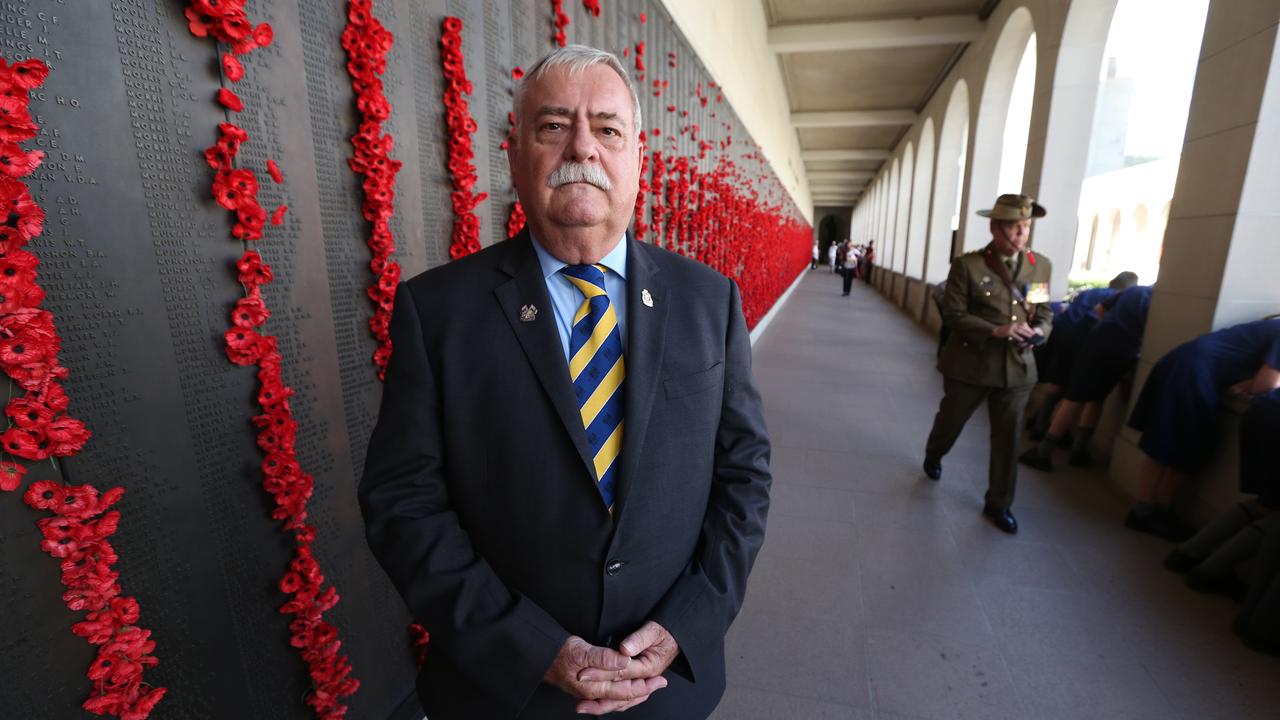WWI Aboriginal digger hero to be honoured by Prince Charles
World War I digger Maitland Madge will be honoured by Prince Charles at a Remembrance Day service in Canberra today.

A century after a young Aboriginal labourer signed up to “well and truly serve our Sovereign Lord the King” in World War I, Britain’s royal family will today acknowledge his extraordinary service.
This morning at the national Remembrance Day service, Prince Charles will place a poppy next to the name of Private Maitland Madge on a wall of the Australian War Memorial in Canberra.
Private Madge was born in Cooktown, Cape York, in March 1894. He was 21 and working as a labourer when he volunteered for the Australian Imperial Force in 1915.
He served for four years on the Western Front and was awarded the Military Medal for his heroism as a runner dashing through heavy artillery fire as he carried messages from the frontlines to commanders at the rear.
He was one of two men from his unit recommended for medals for conspicuous bravery during fierce fighting near Pozieres in August 1916.
The Commonwealth Gazette of April 19, 1917, described how the men were continually moving to and from company and battalion headquarters under intense high explosive artillery barrage.
“The telephone lines were being continually broken and the only method of communication was then by messenger,” the Gazette’s account read. “They showed an utter disregard of their own safety, and an admirable contempt for danger, and it was entirely owing to their self-sacrifice that the operations were so well supported by our own artillery and that battalion and brigade headquarters were so closely in touch with progress of operations. Our losses in messengers were very heavy.”
Private Madge was wounded at least twice but always returned to duty until he came home in 1919 to resume life as a labourer in post-war Australia and later as a security guard. He was quick to join up again in 1939 when World War II began in Europe, even though he was by then 45.
Sent to Singapore with the 8th Division, he was captured there when the island fell to the Japanese. Private Madge was one of thousands of Australian POWs sent to work on the Thai-Burma railway. He suffered from malaria and dysentery and was very ill when he returned to Changi jail. He died soon after arriving there.



To join the conversation, please log in. Don't have an account? Register
Join the conversation, you are commenting as Logout